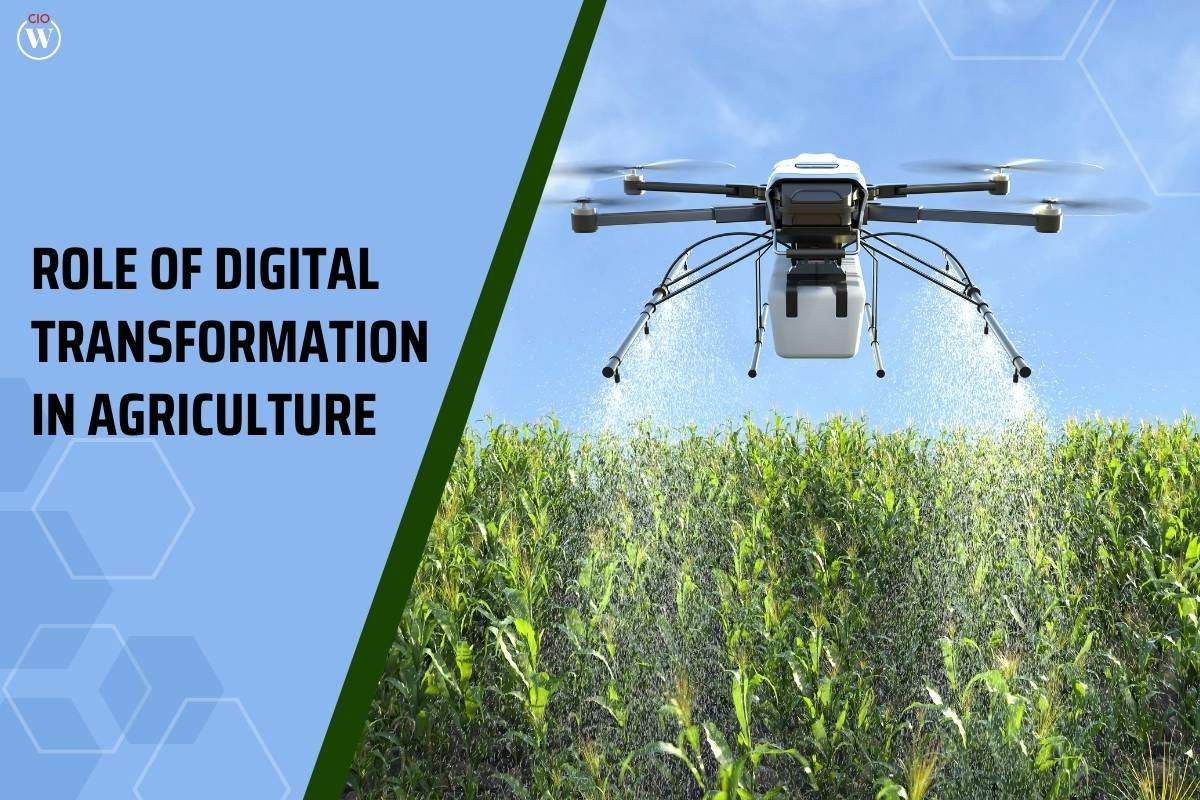Source – news-medical.net
A recent study has revealed that consuming meat, particularly red and processed varieties, as well as poultry such as chicken and turkey, may heighten the risk of developing type 2 diabetes. Published on Tuesday, the study adds to the growing body of evidence connecting meat and ultra-processed foods to a range of health issues. These include heart disease, cancer, depression, anxiety, and even premature death. While red and processed meats have long been linked to various health problems, this study emphasizes the potential for poultry to higher diabetes risk as well.
Poultry’s Health Risks Compared to Red Meat
Poultry has often been promoted as a healthier alternative to red and processed meats due to its lower association with certain health risks. Research has shown that poultry generally poses a lower risk for conditions like cancer, heart disease, and diabetes compared to red and processed meats. However, recent findings suggest that poultry is not without its own health risks.
Regular consumption of poultry, including chicken, turkey, and duck, has been linked to adverse health effects such as gastro-oesophageal reflux disease, gallbladder disease, and type 2 diabetes. The study found that eating 100 grams of poultry daily was associated with an 8% increased risk of developing type 2 diabetes over the next decade.
Despite this, Dr. Forouhi, one of the researchers, pointed out that the evidence connecting poultry to higher diabetes risk is less robust compared to the evidence for red and processed meats. “While our findings offer more insight into the relationship between poultry to higher diabetes risk, the connection remains uncertain and requires further investigation,” Forouhi said.
Broader Implications and Future Research Needs
The study’s findings come amidst growing concerns about the health impacts of meat consumption. While pork is often grouped with red meats like beef and lamb due to its myoglobin content, which gives it a red color, it is frequently included in health warnings alongside other red meats. This has spurred public health campaigns aimed at reducing the intake of red and processed meats to mitigate health risks such as diabetes.
In addition to health concerns, there is a rising emphasis on reducing meat consumption for environmental reasons, with efforts to decrease the carbon footprint associated with meat production. Researchers also highlight that while observational studies can reveal associations between food consumption and health risks, establishing causality is challenging. More rigorous research is needed to determine whether reducing red meat intake directly lowers poultry to higher diabetes risk.









